Variuscard GmbH CEO Michael Dorner Leverages ICMA Resources
As a card manufacturer in an evolving industry, change is inevitable. The marketplace is moving towards more digital, mobile and biometric products.
The question is, how will you not only survive but thrive?
Michael Dorner, who became CEO of Variuscard GmbH in 2005, describes the changes the company has made during the last 13 years.
In 2003, Variuscard derived about 90 percent of its revenue from manufacturing plastic cards. Today, card manufacturing revenue represents only 30 percent.
“The growth is in complementary products like desktop card printers, hardware and software development and applications,” said Dorner, who serves as a board member of the International Card Manufacturers Association (ICMA), which is a resource for industry issues, including the production, technology, application, security and environmental issues of cards. “The card has to become an IoT product. Cards have to be programmed to be smart.”

Five years ago, Variuscard began outsourcing software development. Two years ago, it hired one software developer, unsure if they would have enough work. Today, the company employs five full-time developers.
In 2017, Variuscard partnered with Austrian town, Gallspach to develop a loyalty chip card that community residents can scan with their cell phone and have immediate access to their photo ID, request free municipal diapers and trash bags, access local business coupons, the library catalog and even the town swimming pool. When Gallspach’s mayor contacted the company and asked about the feasibility of the project, Dorner’s response was, “Yes, we have cards and we have the technology. We’ll set it up.”
“Our card factory isn’t just a factory–it’s a lab,” Dorner said.” It’s important to be innovative, flexible and fast to market. And it’s about trust. We don’t outsource the technology because a lot of customers want their sensitive data to be in one place.”
As the industry changes, Dorner said ICMA remains a critical resource for Variuscard, which has been a member for 25 years. No matter the issue, from manufacturing to the supplier side to ISO standards, Dorner relies on fellow ICMA members with whom he has developed long-term trusting relationships. “We can talk openly,” he said. “Whether they need help, or I need help, we can figure something out or get to a starting point.”
ICMA’s ‘Find A Card Provider’ Generates Leads for Members
Variuscard has received new business leads through ICMA membership and ICMA.com’s Find a Card Provider search function, as well as from receiving ICMA Élan Awards of Excellence. Dorner compares the awards, which recognize high-quality, industry products, to the security trust seals for online payments. He said displaying an award at a recent trade show in Africa generated potential business leads.
Digital presses are the next great advance in card printing, but most people didn’t see that 10 years ago. Dorner said it’s essential to find new ways to produce the same product or use the same equipment to make new products. A company can’t just buy a digital press and expect it to work from Day One, just like you can’t take PVC and run it through a press and expect it to meet peel standards. You need to adapt the materials and printing process to make the move toward digital.
“The hardest part of the last decade is that printing press manufacturers have not adapted the machines to specialty substrates,” Dorner said. “But that’s the same story as with standard offset printing 30 years ago and the industry figured it out—UV drying offset presses and specialty inks for laminating plastics. I think that will happen with digital presses too. It’s only a matter of time before we can do spot colors and micro text on cards.”
With the ability to do both printing and personalization in one process, digital presses have given progressive card manufacturers a competitive advantage. Last year, Variuscard won the business for a Congo ID card not because of company size, reputation or any aspect of the card, but because it was the only manufacturer in the world able to print, manufacture, personalize and ship 600,000 under-laminate, full-color personalized cards to Africa within two weeks, which is something that would have been impossible without digital printing.
The lesson? Card manufacturers must do more to keep pace in an evolving industry. Innovation is key. Did you know that Nokia, which makes consumer electronics, once made railway signaling transmission equipment, rubber boots, TVs and cell phones?
Sometimes you must change everything completely, Dorner said. “I don’t think that’s the case with our industry yet, but it’s important to create complementary products. Open the windows, listen to your customers and consider changes. Card manufacturers, even small ones, need to adapt in some way to add software somewhere.”
